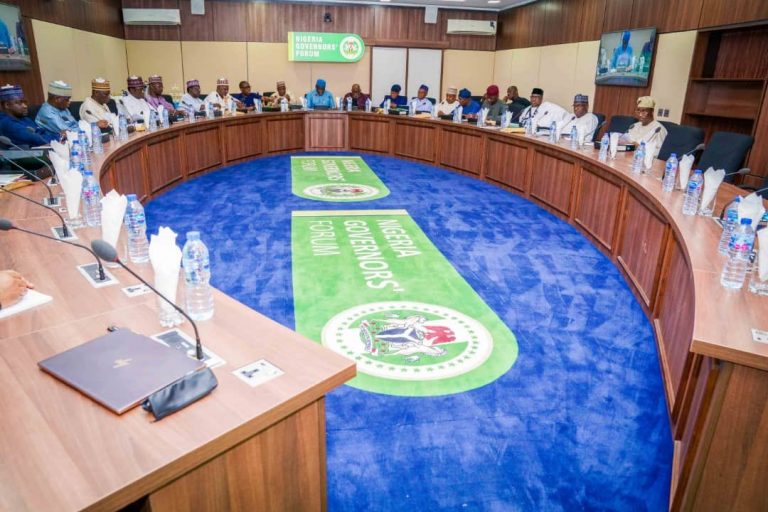The Socio-Economic Rights and Accountability Project (SERAP) has issued a one-week ultimatum to Nigerian governors, including Kaduna State Governor Uba Sani and the Minister of the Federal Capital Territory, Nyesom Wike, among others.
SERAP is demanding that these governors provide detailed information on the loan agreements and spending particulars of loans obtained by their respective states and the FCT. The loans in question amount to a staggering N5.9 trillion and $4.6 billion.
The organization is also requesting specifics regarding the projects executed with these loans, as well as their locations. This move, according to SERAP, aims to keep Nigerians informed about how their states’ governments utilize borrowed funds and to hold public officials accountable for their stewardship of public finances.
Furthermore, SERAP has called for the involvement of anti-corruption agencies such as the Independent Corrupt Practices and Other Related Offences Commission (ICPC) and the Economic and Financial Crimes Commission (EFCC) to investigate the spending of both domestic and external loans.
The urgency of SERAP’s demands follows a disclosure made by Governor Sani, wherein he expressed concern over the substantial debt inherited from his predecessor, Nasir El-Rufai. Sani revealed that the state is grappling with limited funds, insufficient to cover basic expenses such as salary payments.
In its Freedom of Information requests dated March 30, 2024, SERAP emphasized the public interest in obtaining copies of loan agreements and expenditure details. Failure to comply within the stipulated timeframe, the organization warned, would result in legal action to enforce compliance.
SERAP’s concern extends to reports of mismanagement of public funds by several states, leading to unpaid salaries and pensions, as well as extravagant spending on luxuries by politicians. The organization highlights the risks associated with corruption and mismanagement of loans, stressing the importance of transparency in government spending.
Governors are reminded of their obligations under international anti-corruption and human rights laws to promote transparency, prevent mismanagement of public funds, and uphold the public trust. SERAP asserts that transparency in loan spending is essential for safeguarding citizens’ interests and the public good.
The organization also refutes any attempt by states to evade accountability, citing legal obligations under the Nigerian Constitution and international conventions.
Transparency, SERAP says, is not only a legal requirement but a fundamental aspect of good governance essential for fostering public trust and participation in democratic processes.



